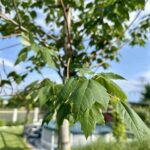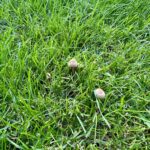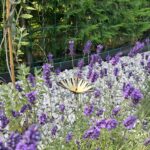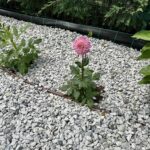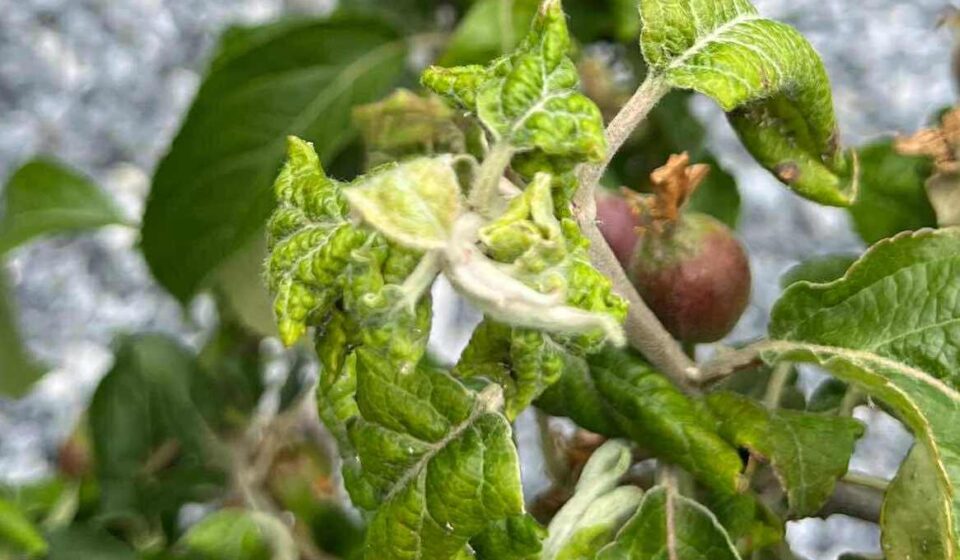
Aphids in the Garden – How to Identify, Prevent, and Get Rid of Them Naturally (Pet and Kid Safe!)
🐞 What Are Aphids and Why Do They Show Up in Your Garden?
Aphids—also known as plant lice—are tiny, soft-bodied insects that come in green, black, yellow, or even pink. They live in clusters on leaves and stems, sucking the sap and slowly weakening your plants.
Table Of Content
- 🐞 What Are Aphids and Why Do They Show Up in Your Garden?
- 🔍 How to Tell If You Have Aphids
- 🌱 What Plants Do Aphids Love?
- 🛡️ How to Prevent Aphid Problems
- ✅ Use companion plants
- ✅ Invite the good bugs
- ✅ Don’t overfertilize
- 🌿 Natural and Safe Ways to Get Rid of Aphids
- 🧼 1. Soapy water spray
- 🌾 2. Neem oil spray
- 🍷 3. Vinegar solution
- 🐞 4. Release ladybugs
- 🚿 5. Strong water blast
- 🚫 What to Avoid If You Have Kids or Pets Around
- 🌼 Extra Tips for an Aphid-Resistant Garden
- ✅ Final Thoughts
They’re one of the most common garden pests, especially in spring and summer, and can multiply super fast if left unchecked.
🔍 How to Tell If You Have Aphids
You’ll usually notice them before you even see them, because they leave some obvious signs:
- Curled, distorted, or sticky leaves
- Visible clusters of tiny bugs on stems or undersides of leaves
- Black sooty mold on leaves caused by a sticky substance they leave behind (called honeydew)
- Ants crawling around your plants – they “farm” aphids for their honeydew
- Buds that don’t open or develop properly
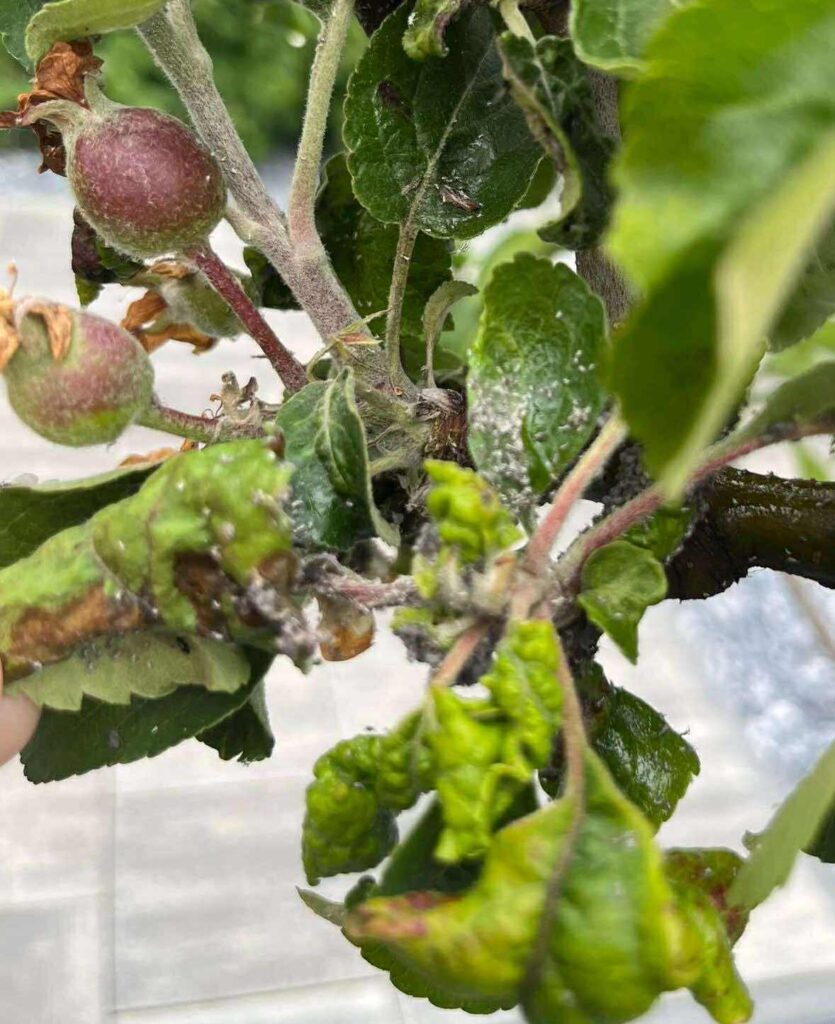
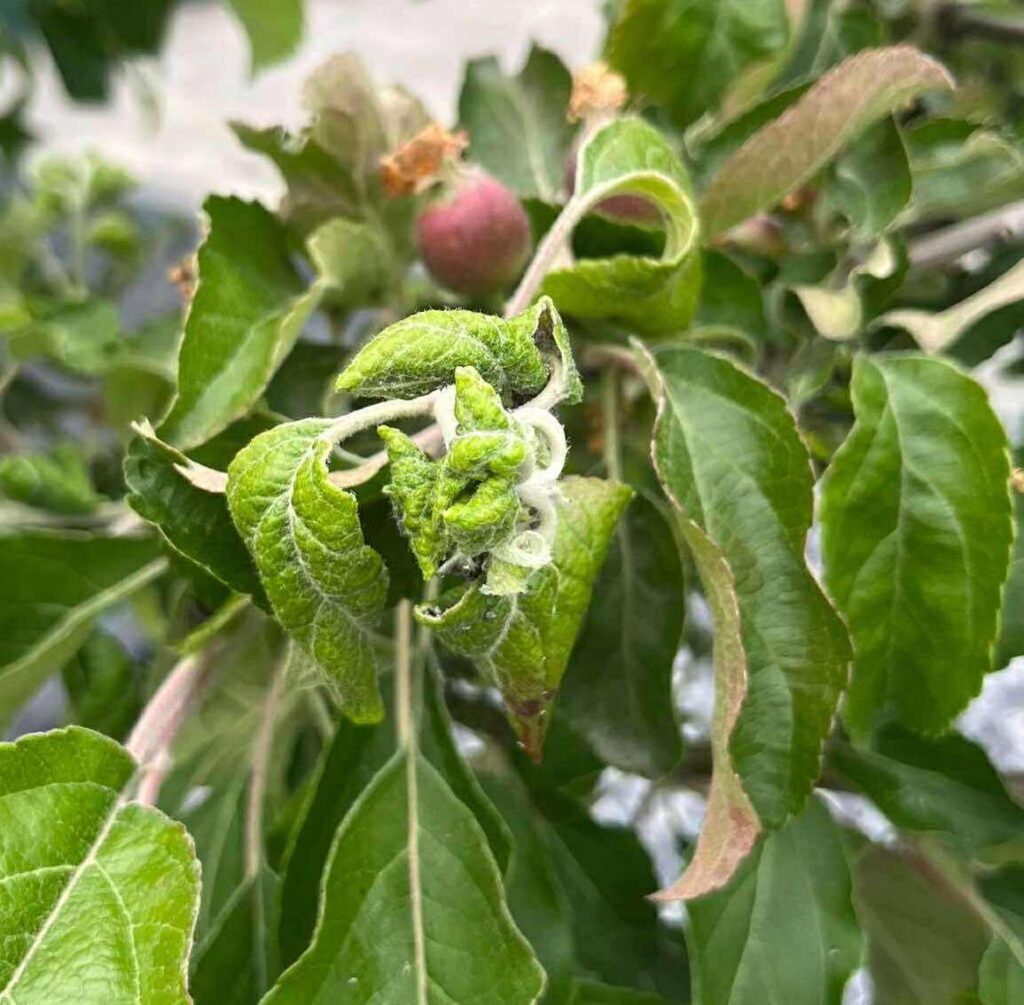
🧠 Fun fact: Some aphids clone themselves, no males needed! That’s why one or two can become hundreds in just days.
🌱 What Plants Do Aphids Love?
Aphids aren’t picky, but they definitely have favorites:
- Roses
- Tomatoes and peppers
- Beans and peas
- Lettuce
- Fruit trees like apples, peaches, and plums
- Ornamentals like dahlias, hibiscus, and chrysanthemums
🛡️ How to Prevent Aphid Problems
The best defense is a good offense! Here’s how to keep aphids away before they take over:
✅ Use companion plants
- Aphids hate basil, garlic, lavender, mint, and marigolds
- Plant these around your veggies and flowers
✅ Invite the good bugs
- Ladybugs, lacewings, and hoverfly larvae are aphid-eating machines
- Grow native flowers to attract them, or let a wild patch grow in a corner
✅ Don’t overfertilize
- Too much nitrogen makes plants soft and juicy—which aphids love
🌿 Natural and Safe Ways to Get Rid of Aphids
Already spotted aphids? Don’t worry. Here are the best natural and family-friendly ways to say goodbye to them without harming kids, pets, or pollinators.
🧼 1. Soapy water spray
- Mix 1 quart (1 liter) of water with 1–2 teaspoons of natural liquid soap (like castile soap)
- Spray directly on the bugs, especially under the leaves
- Repeat every 2–3 days until they’re gone
✅ Safe for kids and pets once dry on the plant
🌾 2. Neem oil spray
- Neem oil messes with aphids’ hormones and stops them from reproducing
- Mix 1–2 teaspoons neem oil + 1 teaspoon liquid soap + 1 quart water
- Spray in the evening once a week
✅ Non-toxic for humans, pets, bees, and birds when used as directed
🍷 3. Vinegar solution
- Mix 1 part white vinegar + 10 parts water
- Spray on affected leaves (test on a small spot first to avoid leaf burn)
🐞 4. Release ladybugs
- You can order ladybugs or lacewing larvae online or from garden stores
- One ladybug eats up to 50 aphids a day!
🚿 5. Strong water blast
- Use a hose to knock aphids off leaves (works best early on)
- Spray in the morning so plants can dry before night
🚫 What to Avoid If You Have Kids or Pets Around
- ❌ Systemic insecticides (they get inside the plant and can be toxic)
- ❌ Synthetic pyrethroids (harmful to bees and pets)
- ❌ Harsh alcohol or chemical-based sprays
🌼 Extra Tips for an Aphid-Resistant Garden
- Use mulch to reduce plant stress and keep soil moist
- Mix your crops – aphids spread faster in large groups of the same plant
- Keep plants healthy and well-fed – stressed plants are easier targets
✅ Final Thoughts
Aphids are annoying—but totally manageable. With a little attention and a few natural tricks, you can protect your garden without resorting to harsh chemicals.
Whether you’ve got kids running barefoot through the backyard or furry friends chasing butterflies, these gentle, effective methods will keep your garden lush and safe for everyone.


